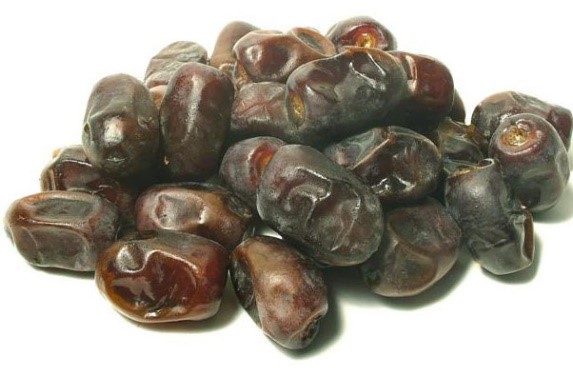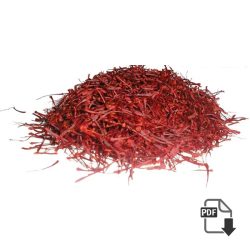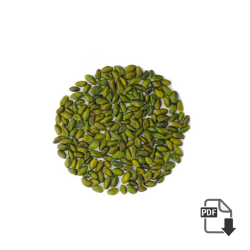Apricot cultivation
The apricot is thought to have originated in northeastern China near the Russian border. In Armenia, it was known from ancient times. Apricot cultivation
The Roman General Lucille’s (106-57 B.C.) even exported some trees, – cherry, white heart cherry, and apricot from Armenia to Europe. While English settlers brought the apricot to the English colonies in the New World, most of the modern American production of apricots came from the seedlings carried to the West Coast by Spanish missionaries. Most U.S. production is in California with some in Oregon and Utah. Turkey is one of the leading dried apricot producers. In Armenia, apricot is grown in Ararat Valley.
Please for more information or any inquiry click here ……
The Apricot is slightly more cold-hardy than the peach, tolerating winter temperatures as cold as -30 °C or lower if healthy. The limiting factor in apricot culture is spring frosts: They tend to flower very early, before the vernal equinox even in northern locations like the Great Lakes region, meaning spring frost often kills the flowers. The trees need some winter cold to bear and grow properly and do well in Mediterranean climate locations since spring frosts are less severe here but there is some cool winter weather to allow a proper dormancy. The dry climate of these areas is best for good fruit production.
Hybridization with the closely related Prunes Siberia (Siberian Apricot; hardy to -50°C but with less palatable fruit) offers options for breeding more cold-tolerant plants. Apricot cultivars are most often grafted on plum or peach rootstocks.
A cutting of an existing apricot plant provides fruit characteristics such as flavor, size, etc., but the rootstock provides the plant’s growth characteristics. Many apricots are also cultivated in Australia, particularly in South Australia where they are commonly grown in the region known as the Riverland and in a small town called Mycology in the Lower Murray region of the state. In states other than South Australia apricots are still grown, particularly in Tasmania western Victoria, and southwest New South Wales, but they are less common than in South Australia. Apricot cultivation
Apricots are also cultivated in Egypt and are among the well-known common fruits. The season in which apricot is present in the market in Egypt is very short. There is even an Egyptian proverb that says “Fell mishmash” (English “in the apricot”) which is used to refer to something that will not happen because the apricot disappears from the market in Egypt so shortly after it has appeared. Apricot cultivation
Egyptians usually dry apricots and sweeten them then use them to make a drink called “ajar el den”.Seeds of the apricot grown in central Asia and around the Mediterranean are so sweet that they may be substituted for almonds. Oil pressed from these cultivars has been used as cooking oil. Powder zed seeds can also be added to pastry dough to give a distinct flavor.
Please for more information or any inquiry click here ……
other products
-
Whole dried apricot Special wholesale price + analysis + sale offer
This variety is very sweet with an orange color. Sulfur is added to whole dried apricots in order to maintain the natural color, prevent bug infestation, and increase preservation.
-
Dried lime Powder
Dried Lime: Producer area: Fars, Hormozgan How to store: Fresh dried lime is in mustard color and sour taste. Dried lime in big size and darker color is the one with high quality. It can be stored in dry place…
-
Dried Prune
Since time immemorial, dried plume has been reputed for its anti-conception properties. However its benefits have gone beyond this. Wishing to lose some weight, we highly recommend you to put dried plume to your diet, either in your food or…
-
Sargol Saffron | most economical saffron for import
Sargol Saffron | most economical saffron for import : sargol saffron consists only of Dark Red Stigma (thread) Tips. So. in other words all the white and orange parts are removed. This saffron is the second most expensive type of…

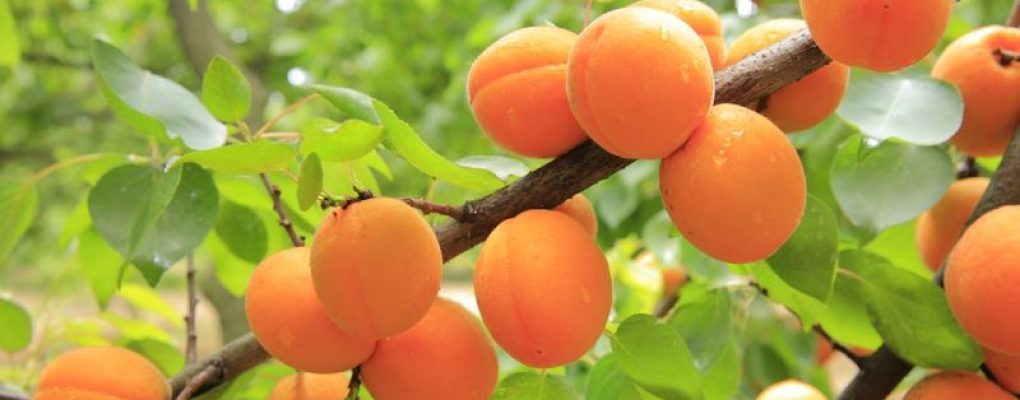
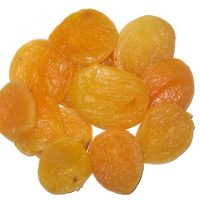
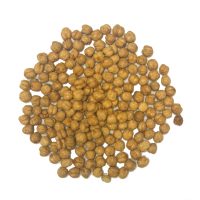
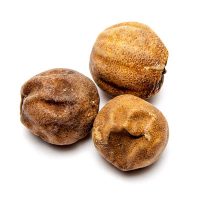
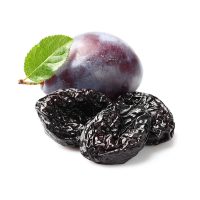
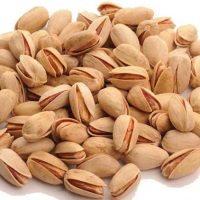
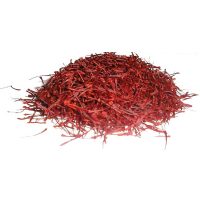

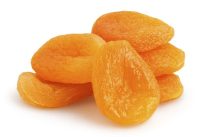
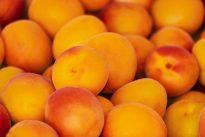
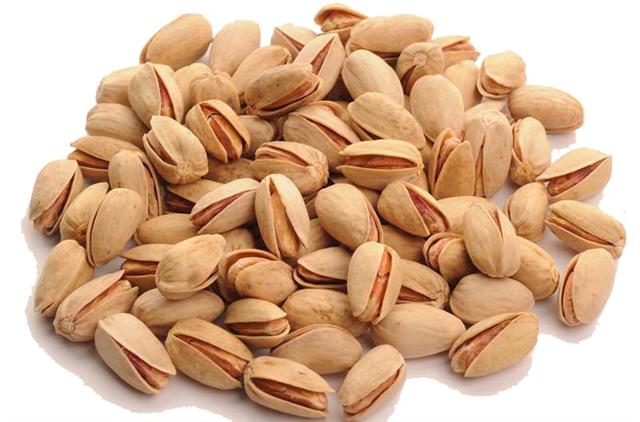
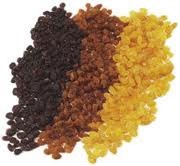 3 kind raisin
3 kind raisin 